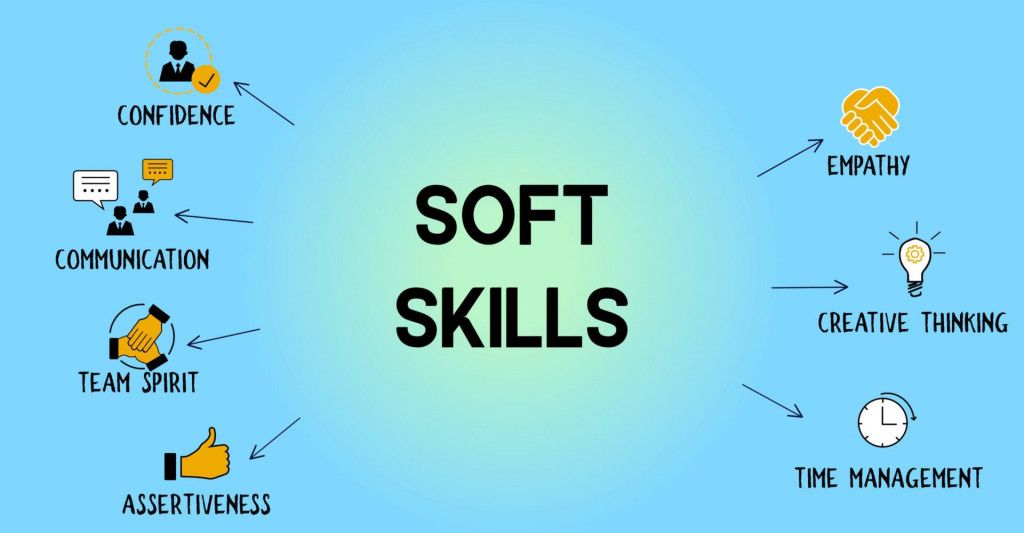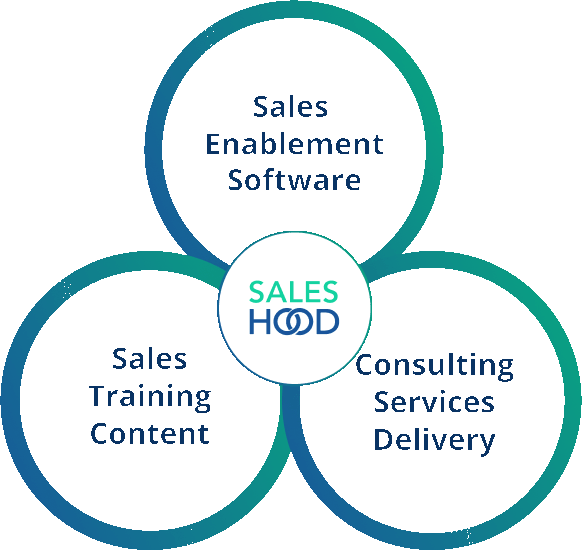In the fast-paced world of technology, having a highly skilled and knowledgeable workforce is essential for staying ahead of the competition. While technical skills are important, soft skills are equally imperative in ensuring the success of your team. Soft skills refer to a person’s ability to interact effectively with others, communicate clearly, and work well in a team. Employee development in soft skills can greatly enhance the productivity and efficiency of your workforce.
The Importance of Soft Skills
In today’s tech-driven world, where collaboration and teamwork are essential, soft skills play a crucial role in the success of any organization. Communication skills, problem-solving abilities, adaptability, and emotional intelligence are just a few examples of soft skills that can make a significant impact on the performance of your team.
Effective communication, both verbal and written, is key in ensuring that ideas are clearly conveyed and understood. Problem-solving skills enable employees to think critically and come up with innovative solutions to complex issues. Adaptability is important in a constantly changing work environment, while emotional intelligence helps employees understand and manage their own emotions as well as those of others.
Training and Development
Investing in the soft skills development of your workforce can lead to increased employee engagement, higher job satisfaction, and ultimately, improved business outcomes. There are several ways to provide training and development opportunities for your employees to enhance their soft skills.
One approach is to offer workshops and seminars focusing on specific soft skills, such as communication, time management, and conflict resolution. These sessions can be led by internal experts or external trainers who specialize in soft skills development. Additionally, online courses and e-learning modules can be a convenient and cost-effective way to provide training to a large number of employees.
Mentorship programs are another effective way to foster the development of soft skills in your workforce. Pairing less experienced employees with seasoned professionals allows for knowledge sharing and the opportunity to learn from others’ experiences. This type of one-on-one relationship can be invaluable in helping employees develop key soft skills, such as leadership and interpersonal communication.
Creating a Culture of Continuous Learning
In order to truly embed soft skills development into your organization, it is important to create a culture of continuous learning. Encouraging employees to take ownership of their own development and providing them with opportunities to grow and improve their skills will lead to a more engaged and motivated workforce.
Regular feedback and performance evaluations are essential in identifying areas for improvement and setting goals for soft skills development. Providing constructive feedback and recognition for progress made can help employees stay motivated and focused on their development.
In addition, fostering a collaborative and inclusive work environment where employees feel comfortable sharing ideas and working together can further enhance the development of soft skills. Encouraging teamwork and open communication can help employees build trust and improve their interpersonal skills.
Conclusion
In conclusion, soft skills development is a critical component of ensuring the success of your workforce in the tech industry. Investing in training and development opportunities for your employees to enhance their soft skills can lead to improved performance, increased job satisfaction, and a more engaged workforce. By creating a culture of continuous learning and providing feedback and support, you can empower your employees to reach their full potential and drive success for your organization.

